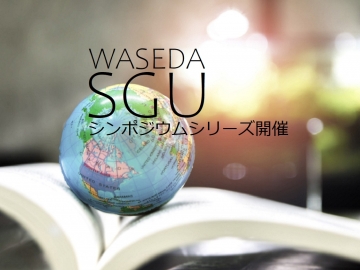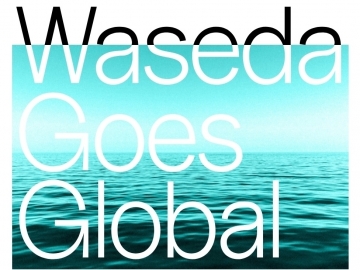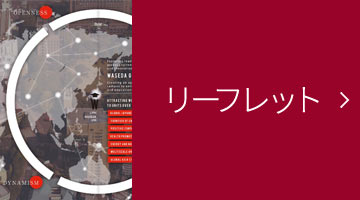早稲田大学スーパーグローバル大学創成支援事業 実証政治経済学拠点では、2023年1月12日にSteven Pickering准教授(アムステルダム大学)をお招きし、「Two Tales of Geo-Political Science」と題するセミナーを開催します。是非ご参加下さい。
【日時】 1月12日(木)13時〜14時30分
【場所】 早稲田キャンパス3号館704教室
【発表者】Steven Pickering准教授(アムステルダム大学)
【タイトル】”Two Tales of Geo-Political Science” 〜 “No sushi, please, we’re British: Japanese restaurants, fish and chip shops and political behaviour ” and ” The right climate for conflict? Climate zones, organized violence and disease ”
【対象】早稲田大学学部生、大学院生、教職員、一般
【費用】 無料
【事前登録】不要
【言語】 英語
【要旨】
Title: No sushi, please, we’re British: Japanese restaurants, fish and chip shops and political behaviour
When it comes to food, “no two countries are more unlike than England and Japan” (Ikeda 1956, 104). Indeed, 蓼食う虫も好き好き。 This may explain why Japanese restaurants are uniquely well-suited to explain the political geography of the UK. This paper shows that of the 63 different types of restaurant found in the UK, Japanese restaurants are better able to explain the distribution of anti-Brexit votes and anti-Donald Trump sentiment than any other type of restaurant. Moreover, Japanese restaurants are found in healthier areas, with lower levels of heart disease, epilepsy and pulmonary disorder. These areas are also more educated and more ethnically diverse. The opposite is the case for fish and chip shops, which are the yang to the Japanese restaurant yin.
Title: The right climate for conflict? Climate zones, organized violence and disease
Existing research on climate change and organized violence has focused primarily in Sub-Saharan Africa. a region particularly vulnerable to climate variability and high levels of concertation of organized violence. Other regions such as South and South-East Asia have similar climates as sub-Saharan African countries, yet show much variation in conflict over time. There are few attempts to examine how other political and economic factors affect the relationship between climate and change to organized violence outside sub-Saharan Africa. We argue that the impact of climatic variation on conflict is shaped by other environmental factors such as prevalent communicable diseases and levels of urbanization in shaping local institutions. In our paper we compare such dynamics in the regions of sub-Saharan Africa and South-Asia. We bring together disaggregated data on organized violence with climatic data, such as frequency of droughts and other extremes, and also analyse georeferenced disease data, such as the parasite rate, incidence and mortality rates of malaria (Plasmodium vivax and Plasmodium falciparum). The paper aims to test the extent to which disease interacting with other environmental factors inhibits the opportunities for actors to engage in organized violence.
【問合せ】政治経済学術院 多湖 淳教授([email protected])
【主催】早稲田大学スーパーグローバル大学創成支援事業 実証政治経済学拠点









